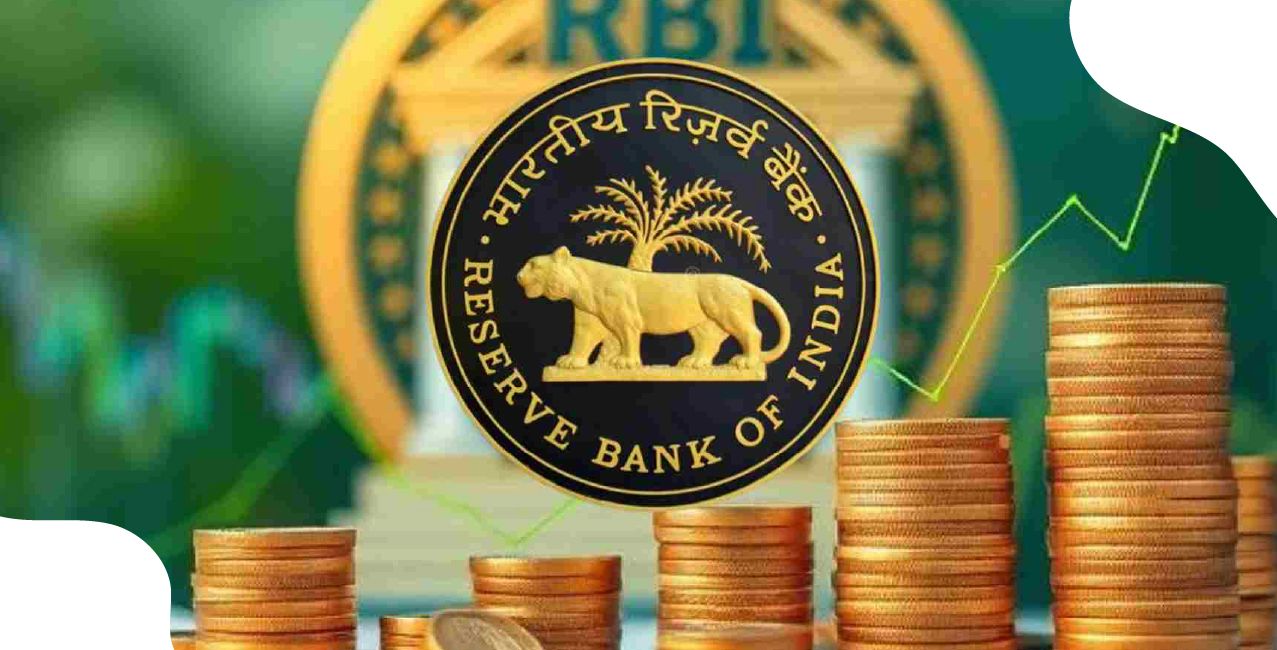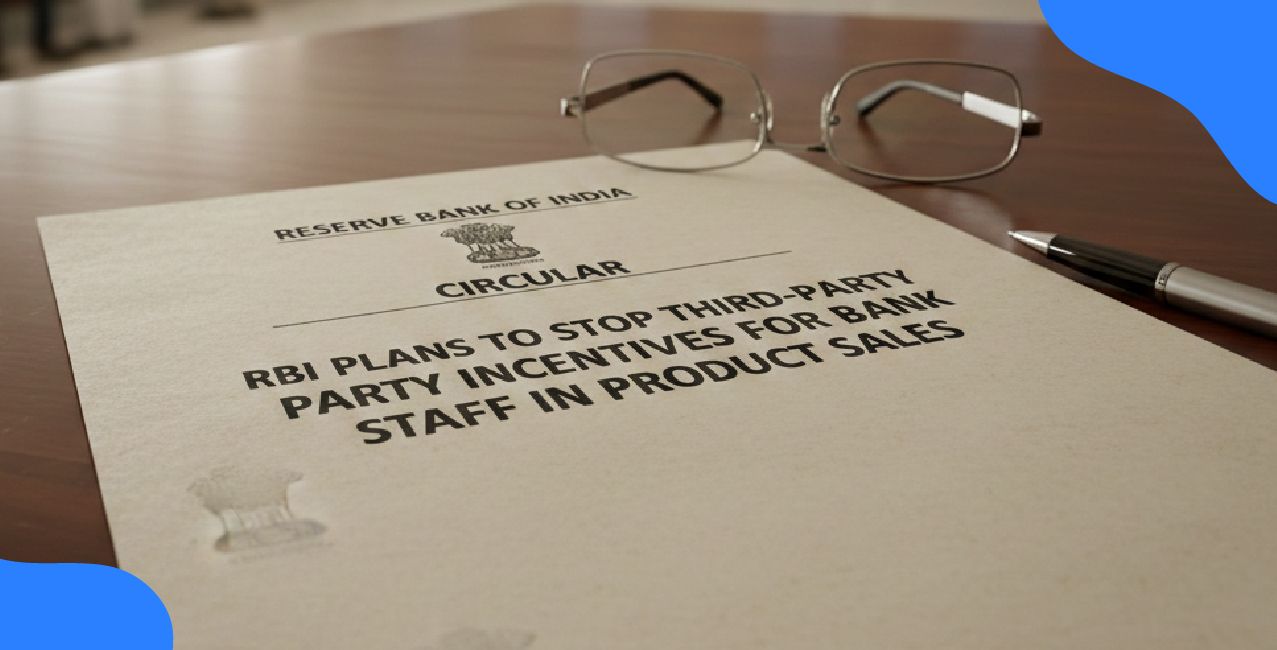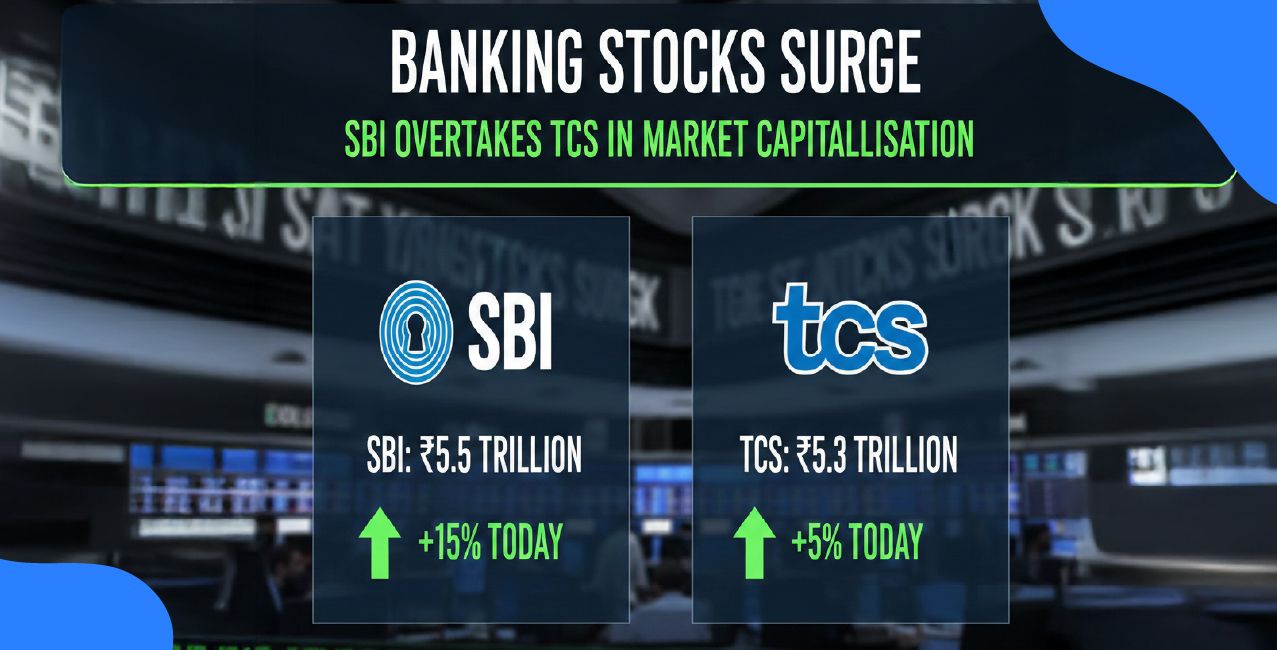Major Update: Should You Cancel Your Car Loan for GST Benefits? Here’s What Experts Say

Check Your Loan Eligibility Now
By continuing, you agree to LoansJagat's Credit Report Terms of Use, Terms and Conditions, Privacy Policy, and authorize contact via Call, SMS, Email, or WhatsApp
Confusion rises among car buyers as GST Council’s new date and rules fuel doubts about loans and savings.
Is it worth cancelling a car loan today in search of tax savings tomorrow? After the 56th GST Council meeting held in September 2025, buyers are caught in a puzzle. The Finance Ministry confirmed that revised GST rates will be effective from 22 September 2025, as reported in the official Press Information Bureau note. Many borrowers are now asking: Should I cancel my car loan for tax benefits or stay with my current deal?
Fresh Development After GST Council Meeting
The new GST rate change created a wave of questions in the car market. According to the official VAHAN dashboard of the Ministry of Road Transport and Highways (2025), more than 1.76 crore vehicles have already been registered in 2025. This is a huge base of owners who could be affected by changes in rates.
Buyers worry that if cars become cheaper after September 2025, they may have overpaid. Dealers also report cases of buyers trying to cancel loans midway. But experts say this thinking misses the legal truth of GST credit rules.
This table shows that while government reports confirm a future rate change, none mention cancelling loans as a benefit route. The next section explains the law that blocks credit in the first place.
What Canceling Car Loan For GST Benefit In India Really Means
A car loan is a financial agreement between buyer and bank. Cancelling or foreclosing may save interest but does not affect GST credit. Under Section 17(5)(a) of the Central Goods and Services Tax Act, 2017, input tax credit (ITC) is blocked for passenger vehicles up to 13 seats. Only cars used for resale, passenger transport, or driving schools qualify.
The Central Board of Indirect Taxes and Customs Circular 231 of September 2024 also repeated the same. So cancelling a loan cannot change the classification of the car.
The table makes clear that cancelling loans is not a magic trick to earn GST savings. Usage matters, not funding method. Now comes the advice from experts.
Expert Advice On GST And Car Loan Cancellation
Financial experts who studied the PIB report of September 2025 point out that the rate change will apply to limited categories. Media reports had claimed that buyers could save “up to ₹1.5 lakh” if they cancelled loans and rebooked. But the Council never gave such a figure.
A closer look shows how claims differ from facts:
This mismatch fuels the confusion. Expert advice on GST and car loan cancellation is therefore blunt: think about usage and eligibility, not cancellation.
Car Loan Cancellation Impact On GST Savings
Cancelling a car loan may cost processing fees, lower credit score, and delay delivery. The effect on GST savings is almost nil unless the car falls under special categories.
As of 2025, the VAHAN system notes 40.27 crore vehicles registered in India till date. The large majority are private cars. For them, GST credit remains blocked under law.
The numbers underline scale. Millions of private cars on loans have no ITC eligibility. For them, cancellation has no benefit. The discussion now moves to why this debate is linked to older reports.
Is Canceling A New Car Loan Worth GST Benefits?
The question echoes older stories on car taxes. In July 2023, a report on our portal covered how automobile firms asked for relief on GST compensation cess for SUVs. Read the earlier report here. That news had shown how industry expectations often create waves of hope among buyers.
In 2025, the same cycle repeats. To see the pattern, look at the table below:
This comparison shows how buyers remain at the receiving end of tax debates. The next question is how governments and banks reacted before.
Past Reactions Of Government And Banks
The situation is not new for banks or customers. During demonetisation in 2016, many people rushed to close their loans early to manage cash in hand. A similar trend is now visible with GST changes, though on a smaller scale. This time the government gave advance notice through the Press Information Bureau in September 2025, which reduced panic among borrowers.
Banks still remind customers that cancelling or prepaying loans may involve charges and can affect their credit record. For those planning to take vehicle finance, it is important to know the process, interest rates and conditions attached. Learn more about car loans on LoansJagat.
Conclusion
The story of car loans and GST savings is a lesson in clarity. Canceling car loan for GST benefit in India is an idea that sounds good in talks but fails under the law. Should I cancel my car loan for tax benefits is a fair question, but the answer lies in Section 17(5) of the CGST Act.
Expert advice on GST and car loan cancellation repeats the same point: usage matters, not finance mode. Car loan cancellation impact on GST savings is almost nil for private users. Is canceling a new car loan worth GST benefits? The conclusion is no for most households.
Other News Pages | |||
About the author

LoansJagat Team
Contributor‘Simplify Finance for Everyone.’ This is the common goal of our team, as we try to explain any topic with relatable examples. From personal to business finance, managing EMIs to becoming debt-free, we do extensive research on each and every parameter, so you don’t have to. Scroll up and have a look at what 15+ years of experience in the BFSI sector looks like.
Subscribe Now
Related Blog Post

Home Loan Interest Rates 2025 Deliver Major EMI Relief, Will Borrowers See More Gains In 2026?

Will the Indian Rupee Stabilise in 2026 After a Volatile 2025?

RBI Draft Rules Target Surprise Costs in Overseas Payments
Recent Blogs
All Topics
Contents
Quick Apply Loan
Consolidate your debts into one easy EMI.
Takes less than 2 minutes. No paperwork.
10 Lakhs+
Trusted Customers
2000 Cr+
Loans Disbursed
4.7/5
Google Reviews
20+
Banks & NBFCs Offers
Other services mentioned in this article





